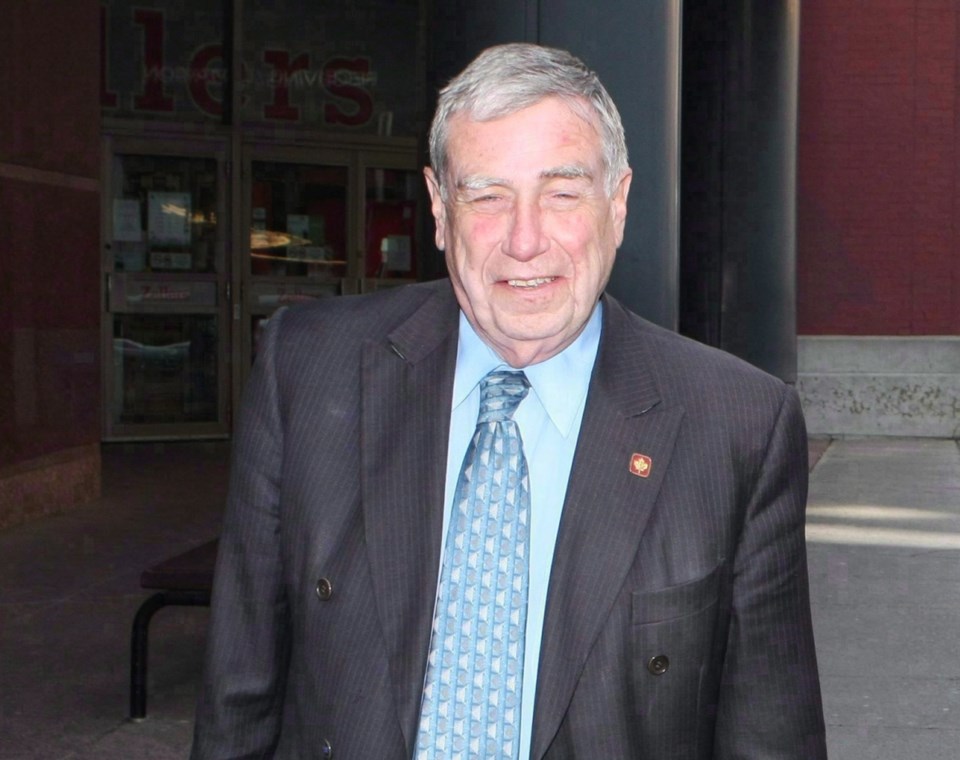The Ottawa “bubble,” and primarily the Conservative Party of Canada, have been rocked in the first six months of 2015 as a result of various investigations related to the Senate, Canada’s “other” chamber.
Far from a new phenomenon, Conservative appointments have also experienced scandal outside the bubble, as evidenced by the recent conviction of former Ontario Conservative MP Dean Del Mastro for violating the Canada Elections Act.
In June, the actions of Louis-Philippe McGraw, Parole Board of Canada vice-chairman for the Atlantic region, led to this headline: “Tory appointee staying home with pay after harassment allegations.” In 2006, McGraw was the co-chairman of the Conservatives’ federal election campaign in New Brunswick. During that province’s election in the same year, he failed to win a seat for the provincial Progressive Conservatives. Investigations initiated by the parole board concluded that he was involved in six separate incidents of bullying and insensitive behaviour in the workplace. Reports indicated that as of June, he is working at home for a period of six months.
A geographical shift to the west of the bubble and staying with the parole board: The former vice-chairman of the Ontario region, Frederick Tufnell, was demoted in early 2014 after findings of wrongdoing by the public-sector integrity commissioner. The commissioner found inappropriate sharing of offender information and inappropriate conduct toward female staff.
Its mission statement says the parole board “as part of the criminal justice system, makes independent, quality conditional-release and record-suspension decisions.” The board’s decision-making policy manual reads in part: “Quality conditional-release decision-making requires all relevant available information that is reliable and persuasive.”
It would appear that the Conservative party and the prime minister also need a sound “quality-based” decision-making policy as it relates to their patronage appointments, possibly a policy that includes “all relevant available information that is reliable and persuasive.”
What was the reliable information that persuaded the prime minister to appoint senators Patrick Duffy, Pamela Wallin, Patrick Brazeau, Donald Meredith and two parole board vice-chairmen?
In June, Meredith was bounced from the Conservative caucus as a result of allegations of sexual harassment in the workplace. Before that, he was directed to no longer to use Dr. Meredith on his government letterhead. This took place when it was determined, contrary to his claim, that he had no doctorate. Would not a Conservative “quality-based” appointment practice that includes utilization of relevant and available information have caught that misrepresentation? Or was that information available and ignored?
Let us not forget Bruce Carson, senior adviser to Prime Minister Stephen Harper, who with a criminal record for fraud, found his way into the Conservative inner sanctum in Ottawa. When it was made public that Carson was both a convicted fraudster and disbarred lawyer, he was also bounced from the Harper inner circle.
This was followed by statements from the Prime Minister’s Office indicating that he was not aware of Carson’s full criminal record, countered by Carson stressing that the government was fully aware of his past.
May I once again pose two critical questions: Was all available and relevant information used during the appointment preprocess? And if it was, did it get the full attention that it deserved or was it ignored?
Alexis de Tocqueville, a 19th-century French follower and student of the body politic, said: “When the past no longer illuminates the future, the spirit walks in darkness.”
There is nothing that allows one to conclude that the current Conservative government will be good stewards steering Canada toward an “illuminated future.” On the contrary, numerous examples indicate that the spirit of the Conservative Party of Canada continues to walk in the darkness.
R.E. Bob Brown of Oak Bay is a former parole district director for Vancouver Island, former director of the corrections program at the International Centre for Criminal Law Reform and Criminal Justice Policy, and is currently under contract to the United Nations assisting the minister of justice of Somaliland with the introduction of a parole system.



